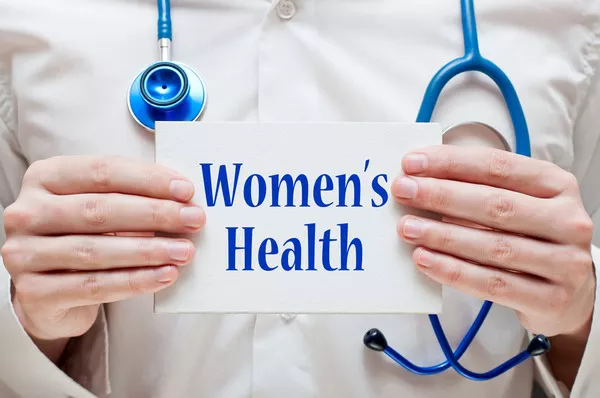New research from the University of Manchester reveals that women who gain significant weight after age 20 and have their first child after 30—or do not have children at all—face nearly three times the risk of developing breast cancer compared to women who give birth earlier and maintain a stable weight. The findings were presented at the 2025 European Congress on Obesity (ECO 2025).
Weight Gain and Breast Cancer: Known Risks
Previous studies have established that adult weight gain raises the risk of breast cancer, particularly after menopause. Similarly, earlier first pregnancies have been associated with lower breast cancer risk. A review of 21 studies reported that each additional year in the age at first full-term pregnancy increases the risk of premenopausal breast cancer by 5% and postmenopausal breast cancer by 3%.
However, until now, the combined impact of these two factors—and whether early pregnancy might offset the risk from weight gain—remained unclear.
Breast Cancer Prevalence and Changing Demographics
Breast cancer remains one of the most common cancers worldwide, with 2.3 million new cases and 670,000 deaths reported in women in 2022 alone. In the UK, nearly 57,000 women are diagnosed annually, with 11,500 deaths.
Meanwhile, rates of overweight and obesity among women in England have risen from 49% in 1993 to 59% in 2021. At the same time, women are increasingly having children later in life—a trend that has persisted for the past 50 years. Coinciding with these trends, breast cancer diagnoses have reached their highest recorded levels.
The Study: Data from Nearly 50,000 Women
The research team, led by Lee Malcomson of the University of Manchester, analyzed data from 48,417 women (median age 57 years, median BMI 26.3 kg/m²) participating in PROCAS, a large breast screening study in the UK.
Women were grouped based on age at first pregnancy—early (before 30 years), late (30 years or older), or nulliparous (no births)—and categorized by adult weight gain, calculated by subtracting their recalled weight at age 20 from current weight. Participants were followed for a median of 6.4 years, during which 1,702 breast cancer cases were diagnosed.
Key Findings
Women who had their first pregnancy earlier experienced greater adult weight gain than those with later pregnancies, with an additional 0.21 kg gained per year earlier the pregnancy occurred.
Early first pregnancy was confirmed to be protective against postmenopausal breast cancer.
Adult weight gain was linked to increased breast cancer risk.
Critically, early pregnancy did not lessen the increased breast cancer risk associated with weight gain.
Women with a more than 30% weight increase in adulthood and a first birth after 30—or no births—were 2.73 times more likely to develop breast cancer than those with early first pregnancies and less than 5% weight gain.
Implications for Health Care
Mr. Malcomson emphasized the importance of awareness among general practitioners and women themselves regarding the compounded risk posed by late motherhood and significant weight gain.
“Our study is the first to show how weight gain and age at first birth together influence breast cancer risk,” he said. “Maintaining a healthy weight and exercising regularly remain vital strategies to reduce breast cancer risk.”
You Might Be Interested In:
- Mirvie Launches Encompass™, a Predictive Test Aiming to Revolutionize Prenatal Care for Preeclampsia
- Climate Change Fuels Rise in Dangerous Heat Days for Pregnant Women in Australia
- Scientists Reveal Easy Ways to Improve Gene Transfer for Medical Breakthroughs

